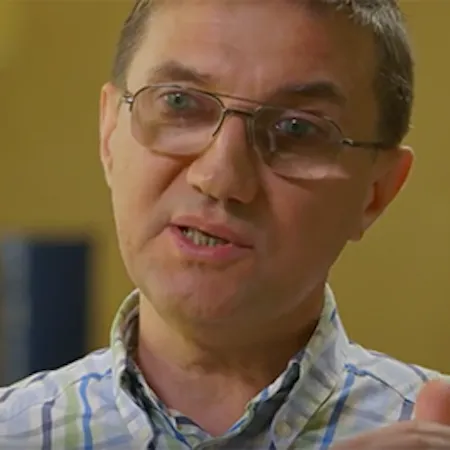Similarly to the probability distribution of energy in physics, the probability distribution of money among the agents in a closed economic system is also expected to follow the exponential Boltzmann-Gibbs law, as a consequence of entropy maximization. Analysis of empirical data shows that income distributions in the USA, European Union, and other countries exhibit a well-defined two-class structure. The majority of the population (about 97%) belongs to the lower class characterized by the exponential ("thermal") distribution. The upper class (about 3% of the population) is characterized by the Pareto power-law ("superthermal") distribution, and its share of the total income expands and contracts dramatically during booms and busts in financial markets. Globally, data analysis of energy consumption per capita around the world shows decreasing inequality in the last 30 years and convergence toward the exponential probability distribution, in agreement with the maximal entropy principle. Similar results are found for the global probability distribution of CO2 emissions per capita. Global inequality matters for international effort to reach an agreement for addressing climate change. This work was supported by a grant from the Institute for New Economic Thinking (INET).
Presenters

Victor M. Yakovenko
Dr. Victor Yakovenko is a Professor of Physics at the University of Maryland. He is a Fellow of the American Physical Society and was a recipient of the prestigious David and Lucile Packard Fellowship in Science and Engineering and the Alfred P. Sloan Research Fellowship. He is a theoretical physicist with more than 25 years of research experience in studying electronic properties of various materials. In addition, he joined the emergent econophysics movement around year 2000 by publishing his first econophysics paper. Over the next ten years, his ideas became increasingly popular and...

Victor M. Yakovenko
Dr. Victor Yakovenko is a Professor of Physics at the University of Maryland. He is a Fellow of the American Physical Society and was a recipient of the prestigious David and Lucile Packard Fellowship in Science and Engineering and the Alfred P. Sloan Research Fellowship. He is a theoretical physicist with more than 25 years of research experience in studying electronic properties of various materials. In addition, he joined the emergent econophysics movement around year 2000 by publishing his first econophysics paper. Over the next ten years, his ideas became increasingly popular and initiated an expanding wave of follow-up papers by many researchers around the world. The work of Yakovenko has also been covered in popular media, such as the New York Times Magazine, American Scientist, New Scientist, Australian Financial Review, and the UK Engineering and Technology Magazine. Yakovenko has given about 100 invited talks on this subject. He received his MS in Physics and Engineering from the Moscow Physical-Technical Institute in 1984 and his PhD in Theoretical Physics from the Landau Institute for Theoretical Physics, Moscow in 1987, where he was also employed as Research Scientist. In 1991, he began a Postdoc at the Department of Physics, Rutgers University. In 1993 he joined the University of Maryland, College Park as Assistant Professor and became Associate Professor in 1999 and Full Professor in 2004.